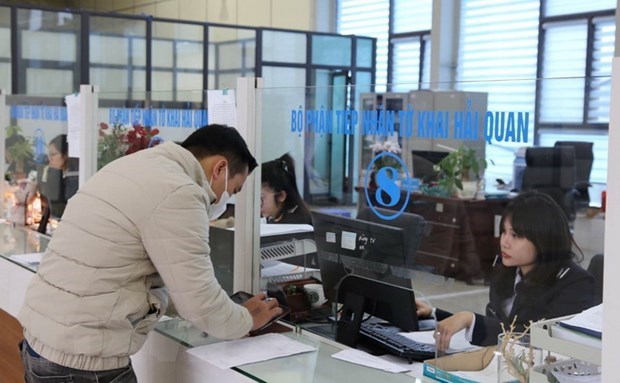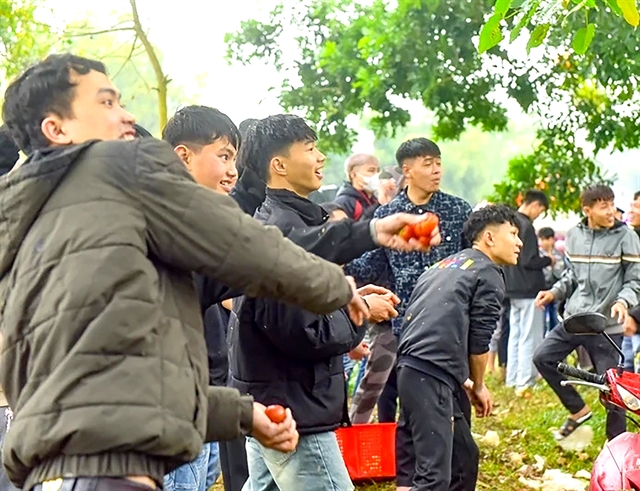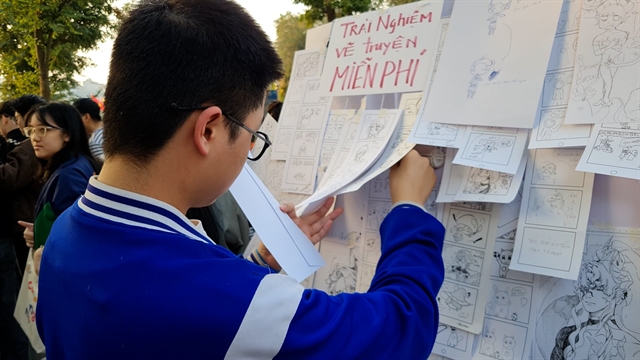
 |
| Sugary drinks on shelves at a supermarket in Hà Nội. VNA/VNS Photo |
HÀ NỘI — A moderate special consumption tax on sugary drinks, recently proposed by the Ministry of Finance (MoF), has attracted contradictory views from industry insiders and health experts.
According to the ministry, consumption of sugary drinks has been steadily rising in recent decades. On average, sugary drink consumption has increased seven-fold in the last 15 years, from 6.6 litres per year per capita in 2002 to 46.5 litres in 2017 and 50.7 litres in 2018.
MoF said the tax is designed to bring down sugar consumption in a bid to improve public health and in line with the World Health Organisation, as well as international practices.
Industry insiders and convenience store owners have voiced their concerns over the proposed tax.
Nguyễn Văn Nam, owner of a wholesale business in Hà Nội, said the tax would likely deliver another blow to the industry, which has been struggling to recover from the pandemic. "A special consumption tax will translate into higher retail prices and lower demand, which will put an additional burden on businesses," he said.
Nguyễn Văn Việt, president of the Vietnam Beer-Alcohol-Beverage Association (VBA), urged the government to consider delaying the tax until 2025, citing numerous difficulties faced by businesses such as high interest rates and inadequate cash flow, which economists said will likely last until the end of 2023.
This is the second attempt by the MoF to pass the bill. In 2014, the ministry unsuccessfully proposed a 10 per cent special consumption tax on sugary drinks, failing to get other ministries on board. This time around, the MoF cited the results of national health surveys for the 2000-2020 period, conducted by the National Institute of Nutrition as the basis.
The surveys showed an alarming rate of childhood obesity in all age groups and regions across the country. According to the MoF, a special consumption tax on sugary drinks has become a common practice around the world. In 2012, only 15 countries put a tax on sugary drinks. By 2021, over 50 countries implemented similar taxes, including ASEAN countries of Cambodia, Malaysia, Myanmar, the Philippines, and Thailand.
"The WHO issued a recommendation for governments to take measures to encourage citizens to consume healthier food with taxes on sugary products," said a statement from the ministry. VBA, on the other hand, said the tax should be based on the amount of sugar, citing the UK as an example, where products with 6 per cent or lower sugar content may be exempt.
The association said a tax regime based on sugary content should help direct producers and consumers to healthier products. VNS
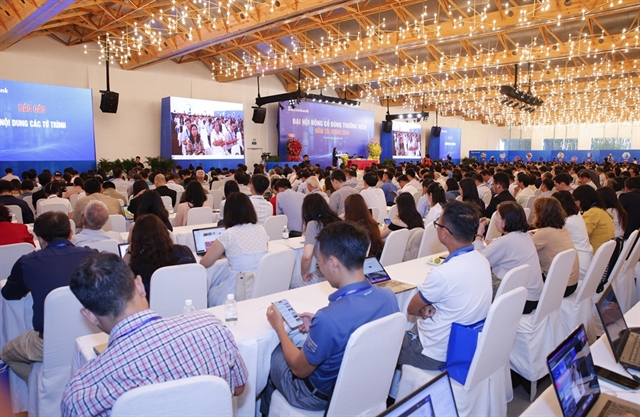
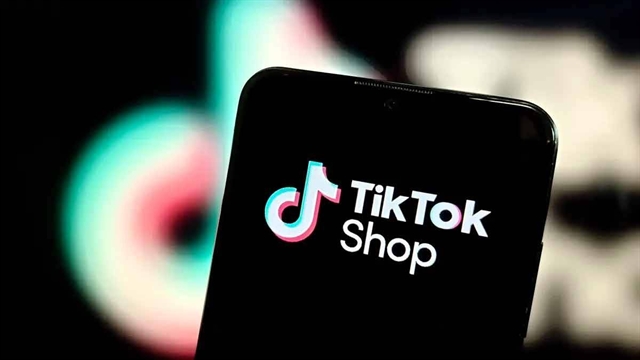
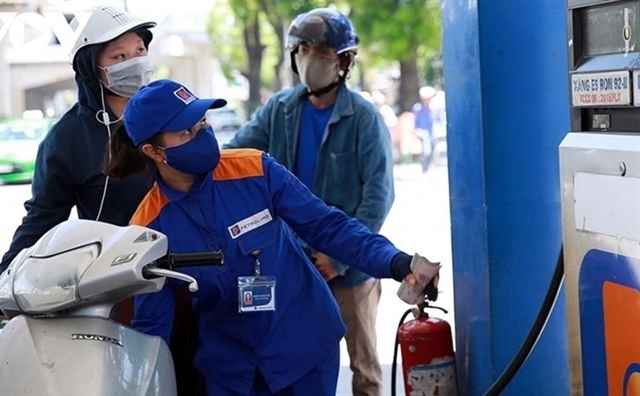
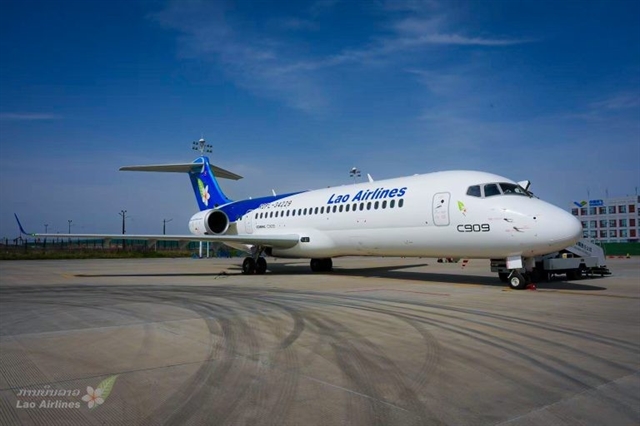
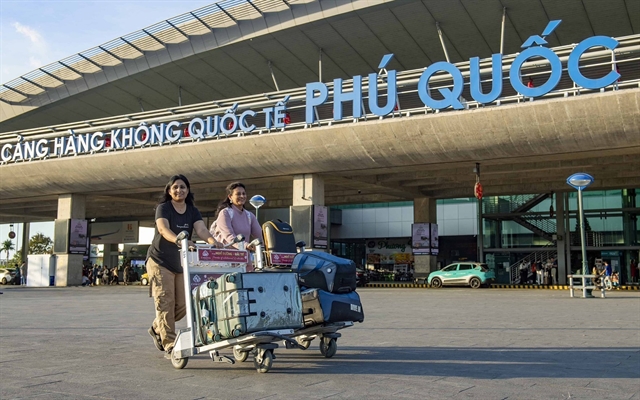


.jpg)





